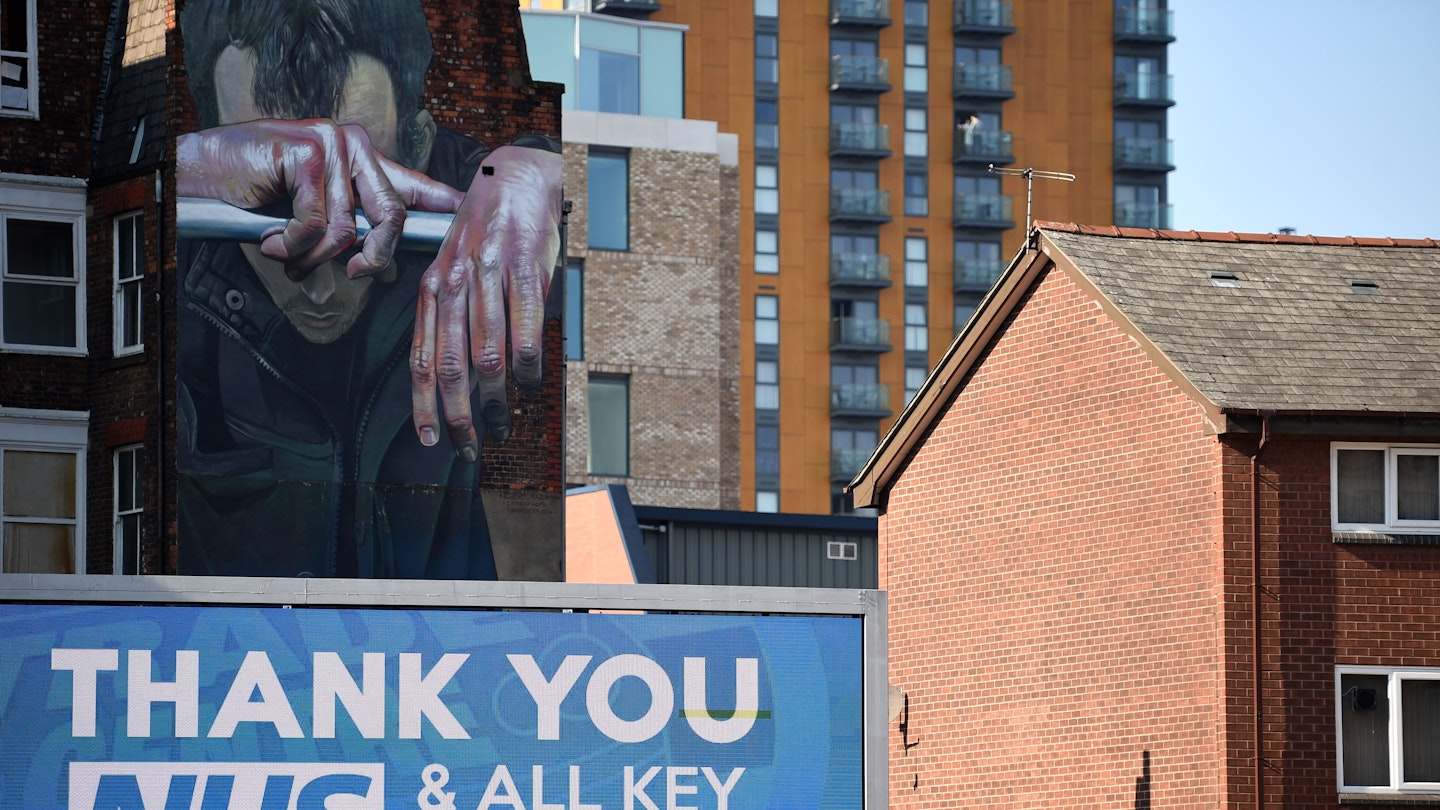The government has been much criticised by NHS and health care workers for neglecting testing those on the frontline of the battle against coronavirus. Previously, only patients who are ‘seriously ill’ and with flu-like symptoms have routinely been tested. Now though, the NHS will roll out Covid-19 antigen testing for frontline staff from next week, starting with those currently self-isolating; an important step in the government’s plans to step up efforts and protect the British healthcare system from intense strain.
Tests will first be rolled out to critical care doctors and nurses, then to staff in emergency departments, paramedics and GPs, according to NHS England chief executive Sir Simon Stevens. Stevens also said that this would mean the number of tests carried out would double by the end of next wee, and he indicated that testing would be widened out to cover more workers; including essential public service workers and social care workers.
The first samples tested will come from frontline health workers in coronavirus hotspots like London.
Announced on Friday March 28 by Cabinet Office minister Michael Gove from Downing Street, the switch around comes as part of an initiative involving businesses, universities and scientific institutions. He said that the testing would begin this weekend, then would be ‘dramatically’ scaled up over the coming week, allowing those working in health and social care to ‘have security in the knowledge that they can safely return to work if their test is negative’.
‘This is absolutely crucial to our response to - and fight against - coronavirus,’ he added.
Currently, according to the BBC, about 6,600 people are tested daily (this though is across the UK); by the end of March, the NHS want to test 10,000 people a day, then by mid-April, 25,000. They also report that the number of people who have died with the virus in the UK rose by 181 to 759 on Friday March 27, with 14,543 confirmed cases.
The government also announced that the first of three new laboratories is starting to operate over the weekend, initially processing around 800 samples, whilst the other two are in the process of being set up. This is all thanks to an initiative spanning universities, research institutes and companies such as Boots, who are lending testing equipment for use in the three labs.
Speaking about the announcement, The British Medical Association Council Chair, Dr Chaand Nagpaul said that the lack of testing so far had been ‘incredibly frustrating’ and that this news was ‘long overdue’. He also added that ‘it is crucial that testing now be rolled out to all healthcare workers and their households urgently – so that if they do test negative, they can support the health service at a time when they are needed most.’
‘For every healthy member of staff at home self-isolating needlessly when they do not have the virus, the NHS is short of someone who could be providing vital care to patients on the frontline,’ he said.
In Wales, frontline NHS staff are already being screened for the virus, while in Scotland key workers such as NHS staff are also already being tested if they show symptoms; Northern Ireland plans to increase testing to 1,000 a day from next week.
READ MORE:
Love Island's Dr Alex On Working For The NHS During The Coronavirus Pandemic
Good News Worth Sharing: More Than 500,000 People Have Volunteered To Help The NHS Fight Coronavirus
